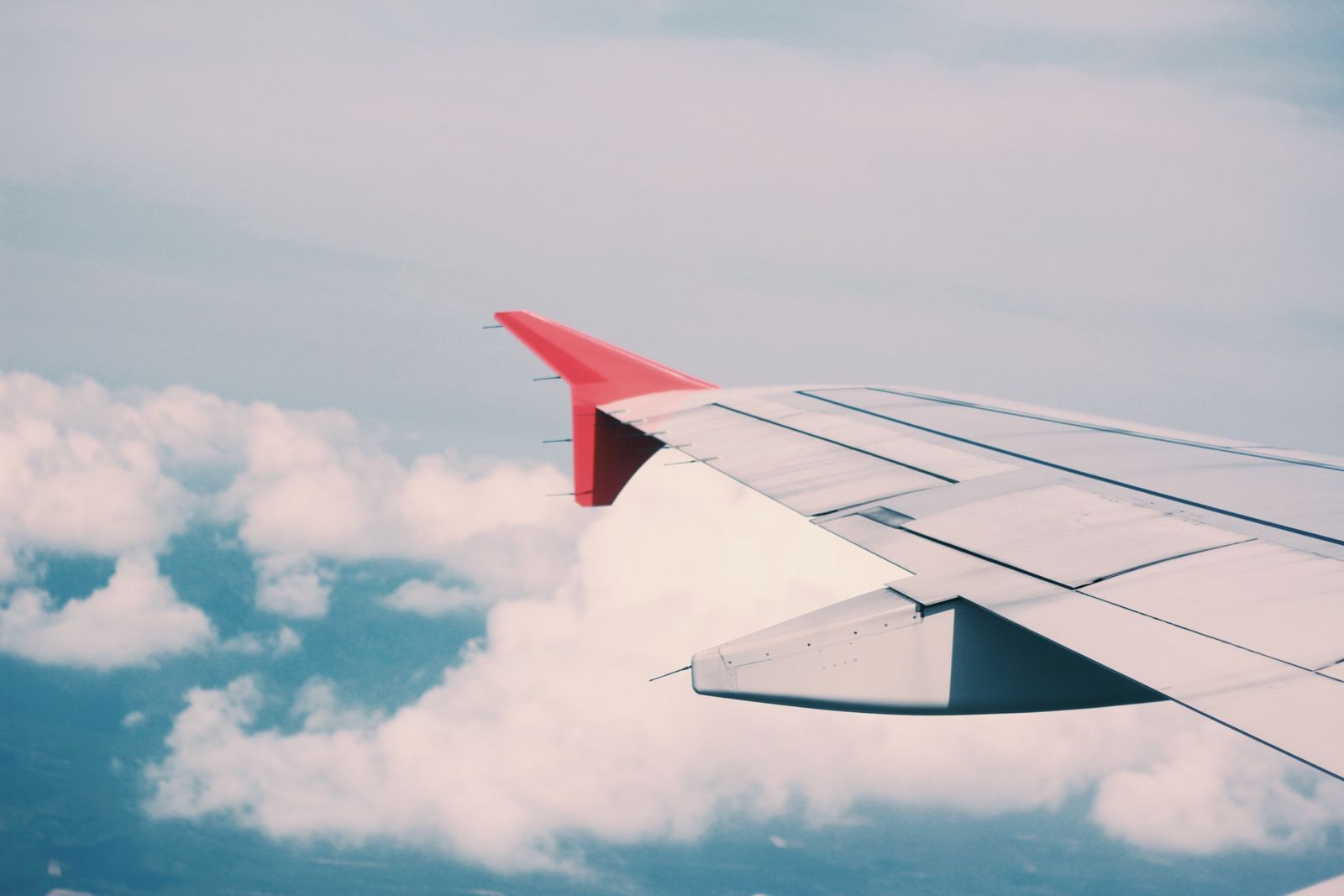Covid-19 vaccine injection rate and business travel opening|Aquasky

The Covid-19 broke out in 2020, and vaccine research has been carried out around the world. It is hoped that the epidemic can be ended as soon as possible and return to normal as usual. The United Kingdom became the first country to start injecting the novel coronavirus vaccine at the beginning of December 2020. So did United States later. This is the largest vaccination campaign in history, from the United States to China, from the northern hemisphere to the southern hemisphere, has been in full swing.
As of early March 2021, at least 135 countries and regions around the world have injected 450 million doses of the novel coronavirus vaccine. In particular, the United States, Mainland China, and India have the most amount of vaccine injection, with 124 million doses, 75million doses, and 45 million doses respectively. Take the proportion of the population, where people had got at least one dose of the vaccine injected, Israel ranks first, followed by the United Arab Emirates (UAE), Chile, and the United Kingdom. In Europe and the United States, almost every country has begun to get shots on a large scale. On the contrary, only a few countries in Africa have begun to promote vaccines, and many places are still waiting for the first batch of vaccines to arrive at the border.
In response to this disparity, leaders of the World Health Organization (WHO), the Vaccine Alliance (GAVI), and the Coalition for Epidemic Preparedness Innovations (CEPI) have formed the COVID-19 Vaccines Global Access which also called COVAX. The aim is to let those rich countries with sufficient capacity agree to help the poor countries in order to ensure that the Covid-19 vaccine can be obtained quickly and fairly around the world. As of early 2021, 192 countries have joined the project. The COVAX is expected to deliver more than 2 billion doses of vaccines to all parts of the world by the end of 2021. 1.3 billion novel coronavirus vaccines will be shipped to 92 developing countries in order to enable these countries to obtain 20% of the population's vaccines. The UK government first pledged to donate US$734 million, becoming one of the countries with the most funding, and then the United States also pledged to contribute US$4 billion in COVAX at the G7 meeting held in February this year. Ghana, located in Africa, became the first country to get vaccines through the COVAX program on February 24.

When vaccines began to be injected in large numbers all over the world, reports of adverse effects began to appear. Some people have had severe allergic reactions after injecting the Pfizer vaccine, while the Oxford AZ vaccine has a more serious thrombosis problem in Europe. The effectiveness of the AZ vaccine against the South African variant of the novel coronavirus vaccine is questionable, therefore, South Africa stopped injecting the AZ vaccine in February and resold them to other African countries. Although the survey results turned out that these adverse cases are not directly related to vaccines, they have reduced the willingness of people to get vaccinated. Therefore, heads of many states such as Queen Elizabeth II of the United Kingdom, President Biden of the United States, UK Prime Minister Johnson, and Indian Prime Minister Modi have taken the lead in administering vaccines in order to increase people's trust in vaccines. So as to encourage people to follow up. In addition, the research shows that countries conduct a large number of novel coronavirus vaccinations have significantly reduced fatality rate and severe cases. The outcome made the public have more confidence in the safety of the vaccine. As for the constantly evolving variant novel coronavirus, vaccine factories have also begun to develop the third dose. Experts pointed out that for the purpose of achieving community immunity under the current situation, the number of shots must be at least 70% or more than 80% population all around the world.
As the usage of vaccines has become more common in some parts of the world, many countries have planned to take "vaccine passport" into consideration to ease the lockdown restrictions and resurge the economy. International Air Transport Association (IATA) first announced an "IATA Travel Pass" launch in December 2020. The pass will contain information on passenger vaccination and nucleic acid testing. Emirates in the Middle East has also participated in this plan. Israel officially launched the "Green Pass" vaccine passport in February this year. The introduction of this policy has also accelerated the willingness of locals to vaccinate. In the United Kingdom, it will be piloted in April and will open non-essential retail stores, hair salons, gyms, and outdoor dining venues, as well as libraries, museums, zoos, amusement parks, and other places. The European Union is also actively promoting the "Digital Green Certificate" project, looking forward to the interconnecting national borders. However, the World Health Organization and experts also pointed out that the practice of vaccine passports may violate privacy and increase social injustice. Moreover, if the vaccine passports launched in different regions are not mutually recognized, future travelers may need to download more than one vaccine passport app, which will increase the complexity of the implementation.
In addition to the opening of travel bubbles in specific countries around the world, many countries also open up business visits from certain countries to a limited extent under certain additional conditions. Passengers must provide a nucleic acid certificate and be isolated in accordance with the regulations of different regions.
This article is just for share. Please advise removing immediately if any infringement is caused.